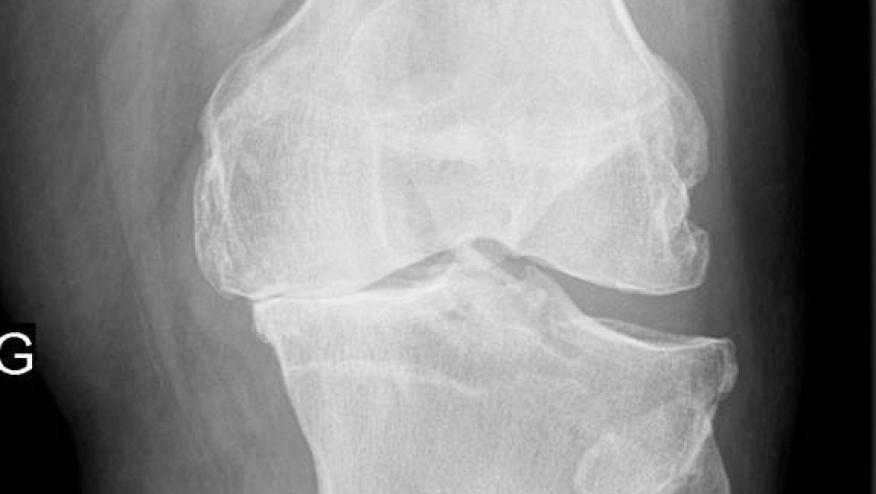Meloxicam Superior to Placebo and Cognitive Behavioral Therapy in Knee OA Save

Pain management in knee osteoarthritis (OA) is confounded by studies showing less is equal to usual standards of care. A recent trial showed that meloxicam was superior to placebo or cognitive behavioral therap (CBT); although the differences were small.
The Stopping NSAIDs for Arthritis Pain study was a multicenter randomized withdrawal trial that included 364 knee OA patients taking NSAIDs. Patients discontinued their current NSAID and took 15 mg per day of meloxicam daily during a 2-week run-in period, afterwhich they were randomized to receive meloxicam or placebo for 4 weeks (blinded phase 1). Participants receiving meloxicam then continued this medication for 10 weeks, while those receiving placebo participated in a 10-week CBT program (unblinded phase 2). The primary outcome measure was the Western Ontario and McMaster Universities Osteoarthritis Index (WOMAC) pain score at 4 weeks with the noninferiority margin set at 1.
Nearly 85% of knee OA patients were male with a mean age of 58 years. . At week 4, the mean difference in WOMAC pain score between the placebo and meloxicam groups 1.4 (95% CI, 0.8-2.0; noninferiority test P = .92).
At week 14, the adjusted mean difference in WOMAC pain score between the placebo (followed by CBT) and meloxicam groups was 0.8 (95% CI, 0.2-1.4; noninferiority P = .28).
In these patients with knee osteoarthritis, placebo and CBT were inferior to meloxicam.










If you are a health practitioner, you may Login/Register to comment.
Due to the nature of these comment forums, only health practitioners are allowed to comment at this time.